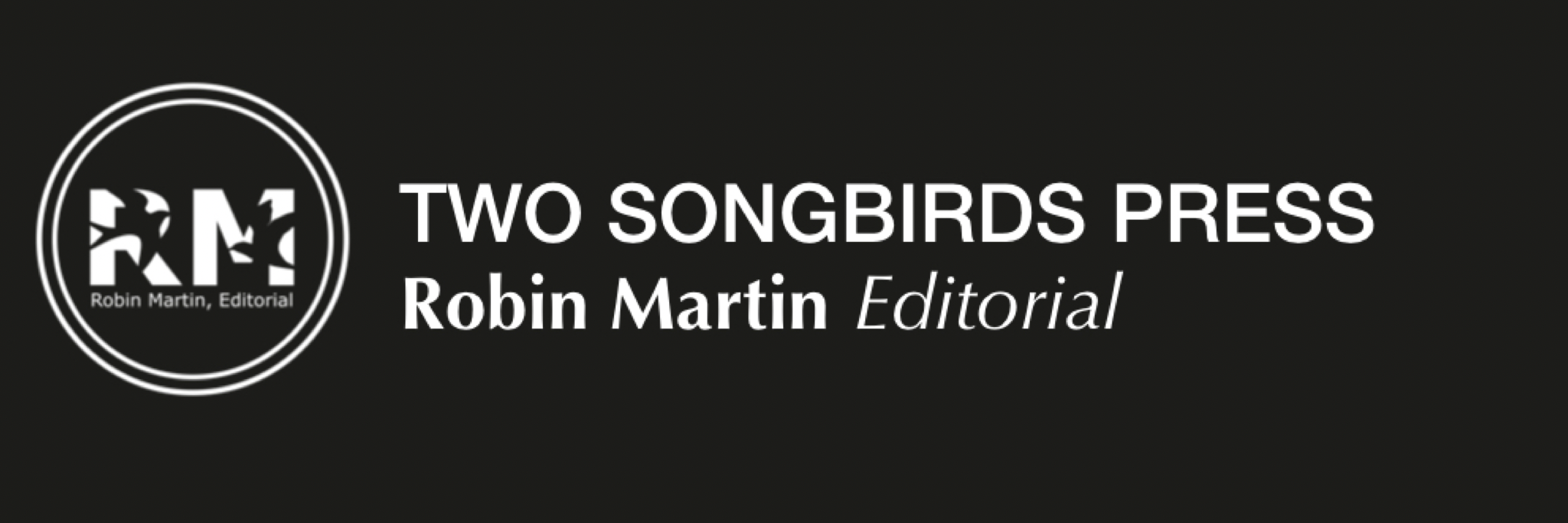- August 10, 2016
- Robin Martin
- No Comments

 In 2009, when I joined the ranks of full-time freelancers, I discovered the Editorial Freelancers’ Association, an education and support organization for editing/writing/publishing professionals. I wanted an affiliation, and I needed to learn. Not long after that, fellow EFA member Susan Herman and I started a Northern California chapter of the organization.
In 2009, when I joined the ranks of full-time freelancers, I discovered the Editorial Freelancers’ Association, an education and support organization for editing/writing/publishing professionals. I wanted an affiliation, and I needed to learn. Not long after that, fellow EFA member Susan Herman and I started a Northern California chapter of the organization.
I remember at an early NorCal meeting, a participant (not an EFA member) asked what was in it for him. Were we going to generate business for one another through some kind of referral percentage system? How would we deal with competition among our ranks? This guy wanted to know how we could share information without giving away our own business. How would he wind up with more money in his pocket when he left our monthly meetings?
He didn’t get it.
Increasing skills & helping others understand what we do
Instead of looking myopically at how much money we will see going into our pocket in the short term, consider that building a network of professionals in the same field and discussing best practices may be the best way to support our community, increase understanding of what it is exactly that those in our field can do for a variety of clientele: a publisher, yes, but also a small business, an author, a tech company, an insurance lender, etc.
Not all editors are the best fit for any given project, and neither are they necessarily in direct competition with one another. In just a small group, like the NorCal EFA chapter for example, we could have an academic textbook editor, a scientific journal editor, a business blog writer, a health ghostwriter, and two or three fiction editors. One of the fiction editors focuses on genre (sci fi/fantasy) fiction, the other on short stories and literary fiction. While it is true that many of the required skills do overlap, and some of us do more than one thing well, experienced editors often have a niche in which they specialize. (Maybe it is related to subject, i.e. “music”; maybe style guide, i.e. “APA” ) Every one of us is likely to bring different experiences, personalities, policies, and price structures to the playing field.
Seven years later, Susan still has the Nor Cal EFA chapter going strong, and I am the organization’s International Chapter Development Chairperson, helping to facilitate the growth of chapters in order to increase the skills and exposure for EFA members. And I’m not afraid to link to her freelance-editor site from my freelance-editor blog.
Has supporting the editorial freelance community in this way put money directly in my pocket? I’ll say it has, because I believe it, but I have no stats to prove it. However, I am decidedly richer. Sharing, learning, being a part of a supportive community is valuable not only for me as a business owner, but also as a human being.



